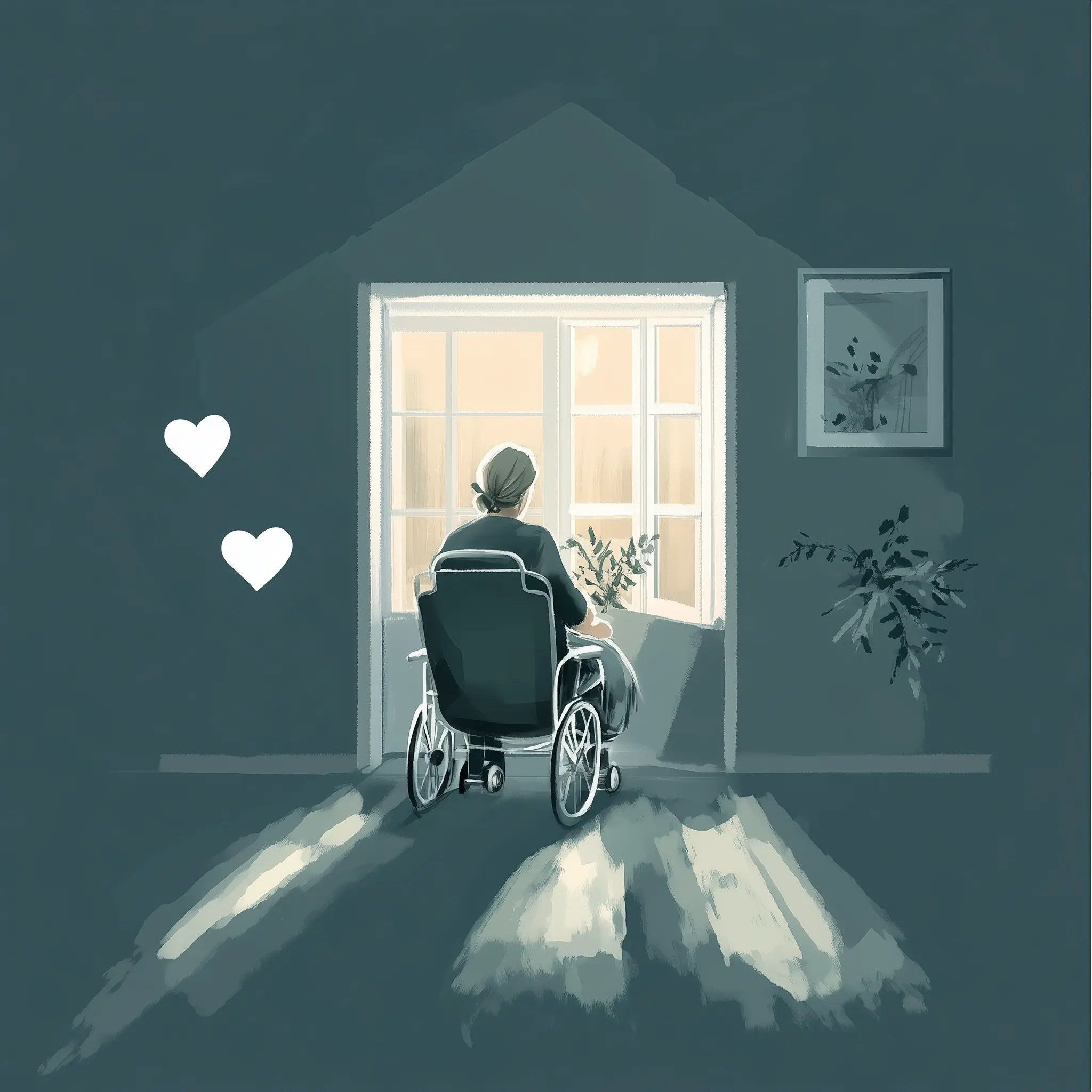
Can Home Carers Give Medication
- Published on
- Authors
-
- Author
- HP Homecare
-
The essential role of home carers in medication management is both complex and critical, encompassing not just the physical administration of medicines but also a comprehensive understanding of legal, ethical, and procedural frameworks. Here, we explore what makes competent and safe medication management in a domiciliary setting.
Understanding the Role of Home Carers in Medication Management
Home care provision often involves the management and administration of medication, a critical service for many individuals, especially the elderly or those unable to self-medicate due to physical or mental disabilities. This support ranges from assisting with medication reminders to directly administering drugs under certain circumstances.
Key Responsibilities
- Assessing Needs: Carers must first understand the specific needs and conditions of the client to manage medications effectively.
- Administering Medication: Carers may give oral, topical, inhaling or injectable medications depending on their training and the individual’s care plan.
- Monitoring effects: Observing and documenting any side effects or reactions is crucial for ongoing care adjustments.
- Maintaining Records: Detailed logs of medication times and dosages are essential for legal compliance and continuity of care.
Training and Competence
Home carers typically undergo specific training to handle medications safely. This training includes:
- Understanding medications: Knowing what each medication does, its side effects, and potential interactions.
- Administration techniques: Proper methods for administering various types of medications.
- Health and safety: Addressing potential risks and how to manage them effectively.
Education does not stop at initial qualification; continual professional development is vital to maintain high standards of care.
Legal Considerations
The legal framework around medication administration by home carers ensures that they operate within the boundaries of consent and authority. Home carers need explicit authorisation from the individual or their legal proxy to administer medication, supporting documentation and care plans.
Moreover, specific laws and guidelines dictate how medications should be stored and managed, highlighting the importance of compliance for client safety and legal protection.
Risks Involved in Medication Management by Home Carers
Handling and administering medications are not without risks. Here are some critical challenges:
- Medication errors: Incorrect dosages, frequency, or drug interactions can occur.
- Health risks: Incorrect administration techniques can lead to complications.
- Legal repercussions: Non-compliance with regulations can lead to legal actions for neglect or malpractice.
To manage these risks, rigorous training, adherence to protocols, and careful supervision and review practices need to be established.
Medication management by home carers is a multifaceted responsibility that demands diligence, proper training, and adherence to legal standards. It ensures that those who rely on home care receive safe, effective, and responsive medication support, contributing significantly to their health and wellbeing.